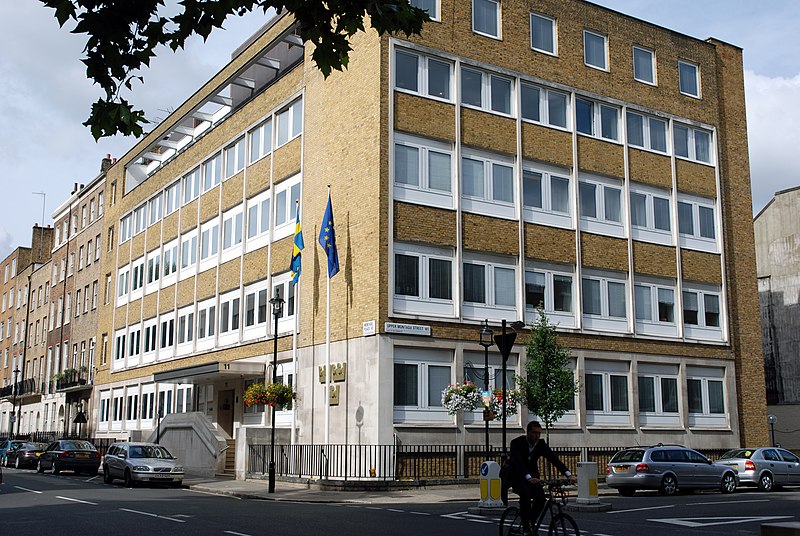
According to Eurostat, the European Commission's statistics agency, Sweden has expelled more British nationals than any other country in the EU since Brexit. The latest figures show that
1,100 British nationals were expelled from Sweden between 2021 and 2022. This has sparked controversy over Sweden's immigration authorities' decision to expel a 74-year-old British woman with Alzheimer's because she didn't have post-Brexit residency papers.
Compared to more populous countries such as France and Germany, which had expelled 115 and 40 British citizens, respectively, Sweden had a disproportionately high number of expulsions. Spain, Italy, Portugal, Slovakia, Slovenia, and Luxembourg did not expel any British nationals during the same period. After Sweden, the Netherlands was responsible for the second-highest number of removals, at 720, followed by Malta (135) and France (115).
The data shows that the EU removed 2,610 British nationals in 2021 and 2022, which suggests that many families were asked to leave. Among them, 1,350 were aged over 35, 1,025 were between 18 and 34 years old, 35 were teenagers between 14 and 17, and 170 were under 14 years old.
David Milstead, a British professor of physics living in Sweden who is part of the British in Sweden campaign group, has called on Sweden's immigration authorities to "immediately stop the deportation" of Kathleen Poole, the 74-year-old woman with Alzheimer's. He has also asked for an explanation for why Sweden issued around 50% of all deportation notices in the Schengen zone to Brits during 2021-22.
He also called on Sweden to review how it was treating late applications for post-Brexit residency by British citizens, adding that Sweden's outreach programme for UK nationals was "extremely weak", and around 900 late applications have so far been received. He said that it's not too late to help those whose applications are undecided or who are appealing to keep their residence.
Under the withdrawal agreement signed by the UK and the EU, all EU nationals living lawfully in the UK and British citizens living in an EU or European Economic Area country before Brexit were entitled to stay in those countries for the rest of their lives.
Before Brexit, it was challenging to remove a citizen of another EU member state, with exceptions made for those who "present a genuine present and sufficiently serious threat affecting one of the fundamental interests of society".
The application of the withdrawal agreement by immigration by Denmark has also been criticized after several British nationals received removal orders even though they were only days late for the deadline for the application for post-Brexit residency status.
Last week, the Danish government lifted that deportation threat with new domestic legislation to give "an extra chance to those who did not realize they had to apply for new documents".
A spokesperson for the Dutch immigration authority said it could not comment on the final-quarter figures for 2022 but noted that return decisions "means that a residence application has been rejected or that a previously granted residence permit has been withdrawn". It said that for the previous quarter, 48% of the return decisions "were imposed upon the rejection of an application for a residence permit based on the Brexit withdrawal agreement," either because "the Briton did not reside in the Netherlands before 1 January 2021 and therefore did not fall within the scope of the protection of the withdrawal agreement", or the Briton had been absent from the Netherlands longer than permitted for residency rights. Photo by allen watkin from London, UK, Wikimedia commons.








































